In today’s busy world of information overload, the idea that we should become EVEN MORE productive might sound, well… insane!
But learning about productivity can be a real blessing and a game-changer, 🥰 when we approach it the right way. To define it simply, productivity is just about “getting more done in less time.”
And who wouldn’t want that?
By finishing your work or studies faster, you’ll free up time for what you really love—like being with friends and family, pursuing your interests and hobbies, or just relaxing with the latest Netflix show you’ve been enjoying.
Most of us already know the best productivity hacks are found in books 📚, which are often chock-full of in-depth, evidence-based strategies from experts. 👩🔬 (Instead of what you often see on social media—some random college kid sharing the morning routine that happened to work for them!)
But the problem is, there are THOUSANDS of productivity books out there (🤯 10,874 on Goodreads alone!), so how do we know which ones are worth reading? Fear not, we’ve done the hard work for you! We spent countless hours researching 🤓 dozens of different websites, book lists and recommendations to bring you… THE BEST productivity books of all time (you can check some of our references at the bottom!).
Now, grab a cozy cup of coffee ☕ or tea, and let’s dive into the 14 best productivity books for 2023! (Divided into several convenient categories.)
Table of contents
- 1. Atomic Habits by James Clear
- 2. The 7 Habits of Highly Effective People by Stephen Covey
- 3. Getting Things Done by David Allen
- 4. Four Thousand Weeks by Oliver Burkeman
- 5. Deep Work by Cal Newport
- 6. Make Time by Jake Knapp and John Zeratsky
- 7. The 5AM Club by Robin Sharma
- 8. Why We Sleep by Matthew Walker
- 9. Essentialism by Greg McKeown
- 10. The One Thing by Gary W. Keller and Jay Papasan
- 11. Dopamine Nation by Dr. Anna Lembke
- 12. The War of Art by Steven Pressfield
- 13. The 4-Hour Workweek by Timothy Ferriss
- 14. Can't Hurt Me by David Goggins
Best overall
1. Atomic Habits by James Clear
—James Clear
What is Atomic Habits about?
What are the key takeaways?
- 📈 Get 1% Better Every Day: Aim for tiny daily improvements to see big changes over time
- ⚙️ Systems Vs. Goals: Prioritize your daily processes instead of just setting goals
- 🔄 The Four Laws of Behaviour Change: Make your good habits obvious, attractive, easy, and satisfying
Why should you read it?
Is it worth reading? Reviews Summary
Atomic Habits is rated 4.8 on Amazon and 4.4 on Goodreads.
Positive reviews say: Practical strategies, science-backed, focused on small changes
Criticism: Repetitive, similar ideas in other books
Why should you read it?
Some wise old fellow named Aristotle once said, “We are what we repeatedly do. Excellence, then, is not an act, but a habit.” And he was right! 🏆 Success is more about small, daily routines and habits that we repeat consistently, not random bursts of motivation.
So here’s the best book on habits, period. You’ve probably heard the name already, because Atomic Habits by James Clear has been a 👏 mega-bestseller for the last few years. It’s a must read, so just do yourself a favour and go pick up a copy!
(Oh, and just a fun fact: that famous quote actually comes from an author named Will Durant, who was talking about Aristotle’s ideas. Who knew?!) 😄
Top lessons include:
- 🔄 Goals vs. Systems: Forget about obsessing over specific goals, and instead create systems—which are the daily processes you must follow to reach your desired outcomes.
- 🧠 The Habit Loop: Understand the four-step process behind habits: cue, craving, response, and reward.
- 📈 Compound Interest of Habits: Small, incremental adjustments can lead to significant improvements over time.
2. The 7 Habits of Highly Effective People by Stephen Covey
—Stephen Covey
What is The 7 Habits of Highly Effective People about?
What are the key takeaways?
- 🌟 Be Proactive: Embrace the power of choice, take responsibility for your reactions, and focus your energy on the aspects of life you can directly influence and control.
- 🎯 Begin With The End in Mind: Craft a clear vision of your ultimate destination in life. Live each day intentionally, based on your core values, aiming to be remembered as you desire.
- ⏳ Put First Things First: Prioritize your life by identifying and allocating your time and resources to what's truly important, scheduling the most crucial tasks and commitments first.
Why should you read it?
Is it worth reading? Reviews Summary
The 7 Habits of Highly Effective People is rated 4.8 on Amazon and 4.2 on Goodreads.
Positive reviews say: Many people said 7 Habits made a difference in their lives because it has simple and applicable insights.
Criticism: Some reviews say the book repeats common sense stuff that you probably already know.
Why should you read it?
Ah, the good old 1980’s—the decade with the best corporate buzzwords like 🌐 SYNERGY. Grab this book if you want to SYNERGIZE the heck out of your life, think outside the box, and shift your paradigms! 😂 (For the younger folks: those buzzwords were all the rage in the 80’s but have since fallen out of fashion.)
Seriously though, there’s a reason people still praise The 7 Habits of Highly Effective People today. The book goes beyond surface-level tricks and teaches us deeper principles that we can apply to many areas of life—not just productivity, but also communication and relationships. 👪 I thought the author’s personal stories of using his ideas to be a better father and husband were very insightful.
Top lessons include:
- 🔋 Sharpen the Saw: Abraham Lincoln once said, “Give me six hours to chop down a tree, and I will spend the first four sharpening the axe.” So to be productive and avoid burnout, we need to continuously take care of our well-being in the areas of physical, mental, emotional, and spiritual health.
- 🎯 Be Proactive: This is about not seeing ourselves as a victim, but taking responsibility for our own actions and reactions. It’s focusing on what you can control rather than blaming external factors.
- 🌉 Emotional Bank Account: Nurture your relationships by consistently making positive deposits in the emotional bank accounts of others through acts of kindness, understanding, and trust.
Best for managing your time
3. Getting Things Done by David Allen
What is Getting Things Done about?
What are the key takeaways?
Why should you read it?
Is it worth reading? Reviews Summary
Getting Things Done is rated 4.5 on Amazon and 4.0 on Goodreads.
Positive reviews say: People found the system effective for getting more done and feeling less overwhelmed.
Criticism: Some thought the book could have been shorter, especially the newer edition which talks more about theory.
Why should you read it?
Are you feeling 😅 overwhelmed by all the things you need to get done every week? Are you having trouble keeping track of all those little yet important tasks in your life? Then here’s the book for you!
Getting Things Done teaches a very specific 🗂️ system for organizing your life, so you know exactly what you need to work on every day. (Personally, I found the book a little dry, but that’s not a bad thing. It’s meant to help us clean up our messy lives, not to be super entertaining!)
Top lessons include:
- 🧠 External Brain: To declutter your mind, write down all your tasks and ideas in one place, a notebook or app.
- ⏩ Next Action Step: For every project in your life, ask “What is the next action step I can take?” This helps us break procrastination and maintain motivation.
- 📅 Weekly Review: To stay on track, read over your plans and goals at least once per week, then adjust and adapt as necessary.
4. Four Thousand Weeks by Oliver Burkeman
What is the book about?
Four Thousand Weeks is not just about getting things done, but about accepting we’ll never achieve everything we want to in life. The title reflects the average human lifespan of 4,000 weeks. This perspective may at first seem depressing, but embracing our mortality can liberate us to focus on what truly matters.
Our favourite quote:
“The real measure of any time management technique is whether or not it helps you neglect the right things.”
What do the reviews say?
| ⭐️ 4.6 on Amazon | ⭐️ 4.3 on Goodreads |
| 👍 Positive: Many people felt the book was a breath of fresh air, proving a much-needed counterbalance to most “time management” books. | 👎 Criticism: Some people felt the same ideas could be better read from a Stoic philosophy book, and the writing was unstructured and repetitive. |
Why should you read it?
After you’ve learned countless ⏳ “time management hacks” and turned your schedule into a beautiful 🌈 rainbow mosaic, you might realize that—surprise!—you STILL don’t have enough time. And that’s totally fine. None of us do. No matter how productive we become, there’s always more we could do. 😅
By reading Four Thousand Weeks, you’ll gain a deeper understanding of your relationship with time, empowering you to adjust your priorities and ultimately live a more fulfilling life. Who knows? You might even find some extra time to gaze at the 🌠 night stars or engage in a spontaneous dance party with your favourite 🐶 furry friend!
Top lessons include:
- 🌍 Embrace Finitude: Accept that you can’t accomplish everything in your limited time, and focus on what matters most to you.
- 🧭 Focus on Intrinsic Value: Pursue activities that have intrinsic value to you, rather than chasing material wealth or fame.
- 🤔 Stop Seeking Perfection: Learn to accept imperfections in yourself and your work, and focus on making progress.
Best for students & focus
5. Deep Work by Cal Newport
What is Deep Work about?
What are the key takeaways?
- 🧠 Embrace Boredom: Train your brain to enjoy downtime without distractions, enhancing focus.
- ⏳ Work Deeply: Schedule uninterrupted time for high-value tasks, minimizing distractions for better concentration.
- 🚫 Quit Social Media: Evaluate and reduce social media use to reclaim focus and deepen work quality.
Why should you read it?
Is it worth reading? Reviews Summary
Deep Work is rated 4.6 on Amazon and 4.2 on Goodreads.
Positive reviews say: People love the many actionable tips for avoiding shallow work, focusing deeply, and avoiding all the modern digital distractions.
Criticism: Some say the book could have been much shorter, and it spent too much time arguing for the importance of focus, which most people already agree with.
Why should you read it?
Here’s something I’m sick and tired of hearing: We live in an age of 📱 distraction. But it’s true! Today our attention is constantly being hijacked by seemingly endless newsfeeds, notifications, and algorithms. 🤖
Cal Newport, a bestselling author and computer science professor, says we must fight against these trends if we want to succeed. In actionable terms, that means learning to block out distractions and focus intensely on a single task for extended periods—a practice he calls “deep work.”
Let’s put it this way: Mark Zuckerberg didn’t become a billionaire by using social media; he did it by coding his own social media platform. 👨💻 That required countless hours of deep work, not mindlessly scrolling through 5-second cat videos. (Though we would totally understand if he took the occasional break from work to watch those irresistible fur-balls! 🐱)
For 🎓 students, learning to focus deeply means you can learn faster, get better grades, and spend less time studying. And for 📈 professionals, you’ll benefit even more because “deep work” is becoming increasingly valuable as it becomes more uncommon in this day and age. It’s just supply and demand, folks!
Top lessons include:
- 🧭 Schedule Deep Work: Allocate specific time blocks for deep work in your calendar to ensure consistent practice. (Deep work requires lots of concentration and brainpower to do.)
- 🔕 Embrace Boredom: Train your brain to tolerate boredom by resisting the urge to fill every moment with stimulation.
- 🌀 Create Daily Rituals: Creating and sticking to a routine helps establish the habit of deep work and minimizes decision fatigue.
6. Make Time by Jake Knapp and John Zeratsky
What is the book about?
Make Time is about setting our own priorities that reflect our passions and values, instead of wasting our time reacting to other people or doing aimless busywork. The authors give a 4-step framework—Highlight, Laser, Energize, and Reflect—to help readers prioritize tasks, eliminate distractions, boost energy levels, and reflect on their progress, ultimately making time for what truly matters.
Our favourite quote:
“Perfection is a distraction—another shiny object taking your attention away from your real priorities.”
What do the reviews say?
| ⭐️ 4.5 on Amazon | ⭐️ 4.1 on Goodreads |
| 👍 Positive: Many people liked the practical tips for accomplishing their priorities, especially from two high-achieving former Google employees. | 👎 Criticism: Some people said the book doesn’t really break any new ground, and talks too much about unscientific evolutionary psychology. |
Why should you read it?
Well, for starters, Ali Abdaal—the most popular productivity Youtuber—has 🏆 crowned Make Time his “favourite productivity book.” It’s written by two former 🌟 high-level Google employees, who were involved in creating everyday apps like Gmail, so you know these ideas have been stress-tested. The hacks may not sound that amazing at first glance, but once you start putting them to 🔧 action in your life, don’t be surprised if some astonishing, transformative shifts start sneaking into your life!
Top lessons include:
- ✨ Daily Highlight: Select one primary task to focus on each day, ensuring that you accomplish something meaningful. Forget long to-do lists, where we often check off the easy items first just to feel like we’re getting things done.
- 🔦 Laser Focus: Reduce interruptions by silencing notifications, decluttering your workspace, and setting boundaries on technology usage. (The authors even recommend trying an “internet-free phone” by removing all social media, email, and web-browsing apps!)
- ⚡ Energize Yourself: Maintain high energy levels by eating well, getting enough sleep, and engaging in regular physical activity. (For example, they recommend waiting at least an hour after waking up to have your first coffee, because that allows time for your cortisol levels to stabilize and optimizes caffeine’s energy-boosting effects.)
Best for your morning routine
7. The 5AM Club by Robin Sharma
What is The 5AM Club about?
What are the key takeaways?
Why should you read it?
Is it worth reading? Reviews Summary
The 5AM Club is rated 4.5 on Amazon and 3.8 on Goodreads.
Positive reviews say: Many readers felt the story was inspirational and contains many valuable points.
Criticism: Others felt the writing, story, and characters were unenjoyable and lacked depth.
Why should you read it?
If you’re tired of waking up with a groan and immediately turning off your 😴 alarm clock, then here’s the one for you! The 5AM Club isn’t going to win any literary awards, but it’s full of practical advice that can help us get motivated bright and early with a healthy morning routine. Just think about how much you can accomplish before most people have even had their first cup of coffee. So rise and shine, my friends, and join the club. 🌞💪🏃♀️
Top lessons include:
- ☀️ The Victory Hour: Rising early at 5AM is a powerful keystone habit, spending that first hour engaged in healthy habits sets up the rest of your day for success. Go to work on yourself before you go to work for others.
- ⏰ 20/20/20 Formula: Dedicate the first hour of your day to self-care and improvement, doing 20-minutes of exercise, 20 minutes of reflection, and 20 minutes of learning. As Sharma writes repeatedly, “Own your morning. Elevate your life.”
- 🔋 Energize & Unplug: Boost your energy levels by adding healthy habits, exercise, and self-care into your life. For example, the main hero in this book takes 2 days off from using digital devices per week.
8. Why We Sleep by Matthew Walker
—Matthew Walker
What is Why We Sleep about?
What are the key takeaways?
Why should you read it?
Is it worth reading? Reviews Summary
Why We Sleep is rated 4.7 on Amazon and 4.4 on Goodreads.
Positive reviews say: Many people found the book eye-opening explaining the critical importance of sleep.
Criticism: Some were disappointed the book had only a few application steps, and occasionally exaggerated scientific proof.
Why should you read it?
In our modern world of 🏃♂️ hustle and overstimulation, where neglecting sleep is often mistaken for a sign of achievement, this book serves as a much-needed wake-up call (😉 pun intended). Why We Sleep was written by a 🧠 neuroscientist and Berkeley professor, who explains the many, many evidence-based reasons why sleep is crucial for ALL of us.
And hey—when you look at reviews of this book on Goodreads, the first rave review comes from none other than Bill Gates, who probably knows a thing or two about productivity! 🥇
Top lessons include:
- 🌙 Sleep Importance: A good night’s sleep can enhance problem-solving skills and stimulate creativity. On the other hand, chronic sleep deprivation increases the risk of various health issues, including obesity, diabetes, and heart disease.
- 🛌 Sleep Hygiene: Creating a consistent sleep schedule, reducing exposure to screens before bed, and maintaining a comfortable sleep environment can improve sleep quality.
- 💤 REM Sleep: Certain phases of each night’s sleep are called REM (which stands for Rapid Eye Movement), and they play a vital role in memory consolidation, learning, and emotional regulation.
Best for organization & planning
9. Essentialism by Greg McKeown
What is the book about?
Essentialism emphasizes the importance of saying no to non-essential distractions in our lives, so we can dedicate our time and energy towards what really matters, our MOST critical goals and tasks. The author Greg McKeown advocates for a radical simplification of our lives, which should ultimately lead to increased productivity, balance, and overall fulfillment.
Our favourite quote:
“If you don’t prioritize your life, someone else will.”
What do the reviews say?
| ⭐️ 4.6 on Amazon | ⭐️ 4.1 on Goodreads |
| 👍 Positive: Many readers found the book helpful for eliminating less important activities without guilt, and the ideas are backed by science and psychology research. | 👎 Criticism: Some said the book was unrealistic for many regular people who have many obligations or limited resources. |
Why should you read it?
Do you feel like you’re always busy, but never really getting anywhere? The problem is that we often act like a puppy in a park that is trying to chase 3 squirrels 🐿️ at once—we end up reaching none of our goals when we spread ourselves too thin. This book illuminates the solution. When we begin saying no 🚫 to more things, our lives become simpler and lighter, and you’ll see yourself making real progress! 🎉
Top lessons include:
- 🎯 Less but Better: Focus on the most essential tasks (the points where you can make the greatest contribution) and eliminate the trivial activities for greater productivity and fulfillment.
- 🔑 The 90 Percent Rule: Before committing to any project, evaluate its importance. If something doesn’t score at least a 90 out of 100 in terms of importance, consider it nonessential and let it go.
- ❌ The Art of Saying No: Learn to say no to nonessential activities, creating space for what truly matters in your life.
10. The One Thing by Gary W. Keller and Jay Papasan
What is the book about?
The One Thing takes the concept of setting priorities to the next level, focusing on just ONE single most important task you need to do next to reach your goals. The authors explain how to identify your “One Thing,” eliminate distractions, and develop habits that build self-discipline.
Our favourite quote:
“It’s not that we have too little time to do all the things we need to do, it is that we feel the need to do too many things in the time we have.”
What do the reviews say?
| ⭐️ 4.6 on Amazon | ⭐️ 4.1 on Goodreads |
| 👍 Positive: Many people found the core message of the book incredibly helpful; focusing really gets you better results! | 👎 Criticism: Some found the writing bland and highly repetitive—ironic for a book about focus. |
Why should you read it?
This book may sound just like the last one, but I promise it’s not! 😅 While “Essentialism” is more about subtracting the non-essential from our lives, “The One Thing” is all about 🔍 laser-focusing on that ONE single uber-important task or goal. It’s a different perspective on the same core problems of trying to do too much and getting trapped in distractions.
And let’s not forget the author, Gary Keller, has added credibility because he built Keller Williams Realty International, which was 🏆 THE largest real estate company in the world, by some measures!
Top lessons include:
- 🎯 The Focusing Question: Ask yourself, “What’s the ONE Thing I can do such that by doing it everything else will be easier or unnecessary?”
- 🔗 The Domino Effect: Tackle tasks and goals sequentially, understanding that success in one area can create momentum and make it easier to achieve success in other areas.
- 💡 Goal-Setting to the Now: Break down your long-term goals into smaller, manageable steps by working backwards from the distant future to the present.
Best for procrastination & motivation
11. Dopamine Nation by Dr. Anna Lembke
—Anna Lembke, MD
What is Dopamine Nation about?
What are the key takeaways?
- 🔄 The Pleasure-Pain Balance: Chasing after pleasure can end up backfiring, ironically making us less sensitive to joy and inviting more pain into our lives. It's a cosmic joke that the more we seek, the less we feel.
- 🚫 30-Day Dopamine Fast: Committing to a month-long break from any compulsive habit is a powerful first step towards regaining the reins of our lives. Think of it as a system reboot for your brain.
- 💪 Lean Into Pain: To recalibrate our dopamine levels, we must get comfortable with being uncomfortable. Whether it's taking cold showers, hitting the gym, or fasting, embracing a bit of discomfort can lead to significant comfort.
Why should you read it?
Is it worth reading? Reviews Summary
Dopamine Nation is rated 4.6 on Amazon and 3.9 on Goodreads.
Positive reviews say: Many people said the book helped them understand dopamine and how to better control themselves in an overstimulating world.
Criticism: Some felt there was too much social commentary that seemed puritanical, and too much emphasis on cold-turkey abstinence.
Why should you read it?
Have you ever found yourself lost in the endless scroll of social media? 📱 We’ve all been there. You open the app “for a minute” and one hour later, your thumb is still moving up and down mechanically as you consume an endless feed of content. (And it’s personalized just for you by some mysterious 🤖 algorithm that seems to know you better than your own mother.)
Here’s something most folks aren’t aware of: What drives us to keep going with those kinds of compulsive behaviors is the effect of 🧠 DOPAMINE in our brains. Dopamine is often called the molecule of want and desire. It is part of the reward system in our brain, which means it is what motivates us to do stuff, like, you know, binge-watching cat videos. When you understand how it works, you’ll be able to gain control of your life and boost your self-discipline—with SCIENCE! 🔬
Top lessons include:
- ⚖️ The Pleasure-Pain Balance: Be aware that overconsumption of pleasure can, ironically, lead to a decreased sensitivity to pleasure and more pain in the form of anxiety, depression, and addiction.
- 🧘♂️ 30-Day Dopamine Fast: Gain perspective on your addictions or impulsive consumption habits by abstaining from a compulsive behavior for one month, which serves as the first step towards regaining control of your life.
- 🔓 Self-binding: Recognize that willpower or self-discipline can be unreliable. Instead, create an environment and establish rules that help you maintain good habits and avoid bad ones, regardless of how you feel on any given day.
12. The War of Art by Steven Pressfield
—Steven Pressfield
What is The War of Art about?
What are the key takeaways?
Why should you read it?
Is it worth reading? Reviews Summary
The War of Art is rated 4.6 on Amazon and 4.0 on Goodreads.
Positive reviews say: Many found the book helpful for learning to face fear and actually sit down to work.
Criticism: Some felt the book was too judgmental and the author said things that were uninformed.
Why should you read it?
Anyone who has ever sat down to do something creative like writing, drawing, or making a video, will soon realize a surprising fact: that it’s HARD to start working 👩💻, even when we say that writing is our passion. Isn’t that strange? 🤔
Coming from an experienced author, The War of Art delivers plenty of wisdom and tough love 💪 to help us overcome creative blocks and procrastination. Buckle up, because it’s time to go to war with your greatest enemy: yourself! Hey, nobody ever promised that “doing what we love” ❤️ would be easy!
Top lessons include:
- 🚧 Overcoming Resistance: Resistance is the invisible force that stands between you and your creative work, and you must learn to overcome it every day.
- 🥊 Professional vs Amateur: A professional treats their craft with the seriousness it deserves, showing up every day to work, while an amateur does it only when they feel like it.
- 👥 Expect Self-Doubt: Self-doubt is natural and it’s not always a sign that you’re on the wrong path, often it means you’re pushing beyond your comfort zone.
Best to change your life
13. The 4-Hour Workweek by Timothy Ferriss
—Tim Ferriss
What is The 4-Hour Workweek about?
What are the key takeaways?
- 🎯 1. Leverage the 80/20 Rule: You can work less and accomplish more—by removing low-value work
- 🧪 2. Validate Your Ideas: Test if people want to buy your product, before you develop it
- 📺 3. Eliminate Distractions: Become twice as productive by cutting out unnecessary noise and content
Why should you read it?
Is it worth reading? Reviews Summary
The 4-Hour Workweek is rated 4.5 on Amazon and 3.9 on Goodreads.
Positive reviews say: Innovative ideas — Motivational to pursue dreams — Practical productivity hacks
Criticism: Self promotion — Overly optimistic — Not realistic for everyone
Why should you read it?
Sick and tired of the 9-5 grind? Dream of trading in that squeaky office chair for a beach hammock 🏝️, sipping mojitos and working just 4 hours per week? Sadly, I can’t promise this book will achieve any of that for you! It also won’t make your morning coffee or walk your dog for you. 😫
However, what I CAN say is that ⏰ The 4-Hour Workweek packs a mental punch, despite the title sounding like a spam email you’d instantly delete! This book will explode any old-fashioned ideas 🤯 you have about what kind of work life is possible—from 🔄 productivity hacks and outsourcing, to practical ideas for generating passive income. Best of all, in the updated version, Tim Ferriss shares many real-life stories of people who have actually done it, transforming their work to achieve extraordinary freedom.
Top lessons include:
- 🌐 Outsource, Eliminate & Delegate: Cut out unnecessary tasks to maintain a healthy work-life balance. Delegate tasks to virtual assistants to free up more of your time for important projects.
- ⏱️ Apply the 80/20 Rule: Identify and focus on the 20% of tasks that yield 80% of your results for more efficient time management.
- 🧪 Test Business Ideas: Validate your business ideas by running small, low-cost tests before fully committing. Pursue business ideas that can be a passive income stream, making money even when you’re not actively working.
14. Can’t Hurt Me by David Goggins
—David Goggins
What is Can’t Hurt Me about?
What are the key takeaways?
Why should you read it?
Is it worth reading? Reviews Summary
Can’t Hurt Me is rated 4.8 on Amazon and 4.4 on Goodreads.
Positive reviews say: Readers loved the practical tools for overcoming challenges and Goggins' real-life stories.
Criticism: Some didn't like the bad language and felt that Goggins pursues pain to an unhealthy level.
Why should you read it?
David Goggins’ story is a reality check in book form. When you hear how he beat tough times with sheer determination and grit 💪, then I promise you will never again grumble about your latte being served lukewarm! 😂 Be ready, though: you might suddenly find yourself doing push-ups 🏋️♀️ during TV commercials and greeting the sun with a run. Don’t say I didn’t warn you!
Top lessons include:
- 💪 Embrace Discomfort: Master your mind by seeking out challenges and facing them head-on, because growth always happens outside our comfort zone.
- 🏃♀️ Push 5% Past Old Limits: When you feel like giving up, Goggins says keep pushing. You’ll discover that you’re capable of far more than you think!
- 🍪 The Cookie Jar Method: During tough times, remember past victories. These memories serve as ‘cookies’ to remind you of your strength and resilience.
- Goodreads Productivity Shelf
- Goodreads Time Management Shelf
- Amazon Self-Help Best Sellers
- Amazon “Productivity” Books
- Barnes & Noble “Organization & Time Management” Best Sellers
- Reddit r/BettermentBookClub
- Reddit r/productivity Thread #1
- Reddit r/productivity Thread #2
- Monday.com List
- Timeular List
- Scott H Young’s List
- The Art of Living List
- NYMag List
- Tameday List
- Five Books List (by Dave Allen)
- Entrepreneur.com List
- Audible “Productivity & Time Management Books”
- LifeHack.org List
- MakeUseOf List
- (Youtube) Ali Abdaal “My Favourite Productivity Book”
- (Youtube) Matt D’Avella List
- (Youtube) Productivity Game Channel
- (Youtube) Alux.com List
- (Youtube) Thomas Frank List
- (Youtube) The Bliss Bean List
- (Youtube) Mariana Vieira List

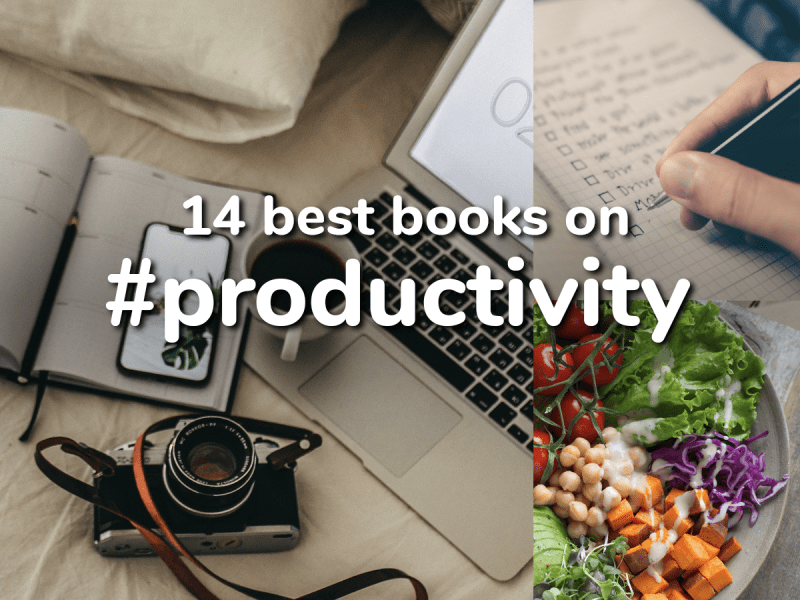
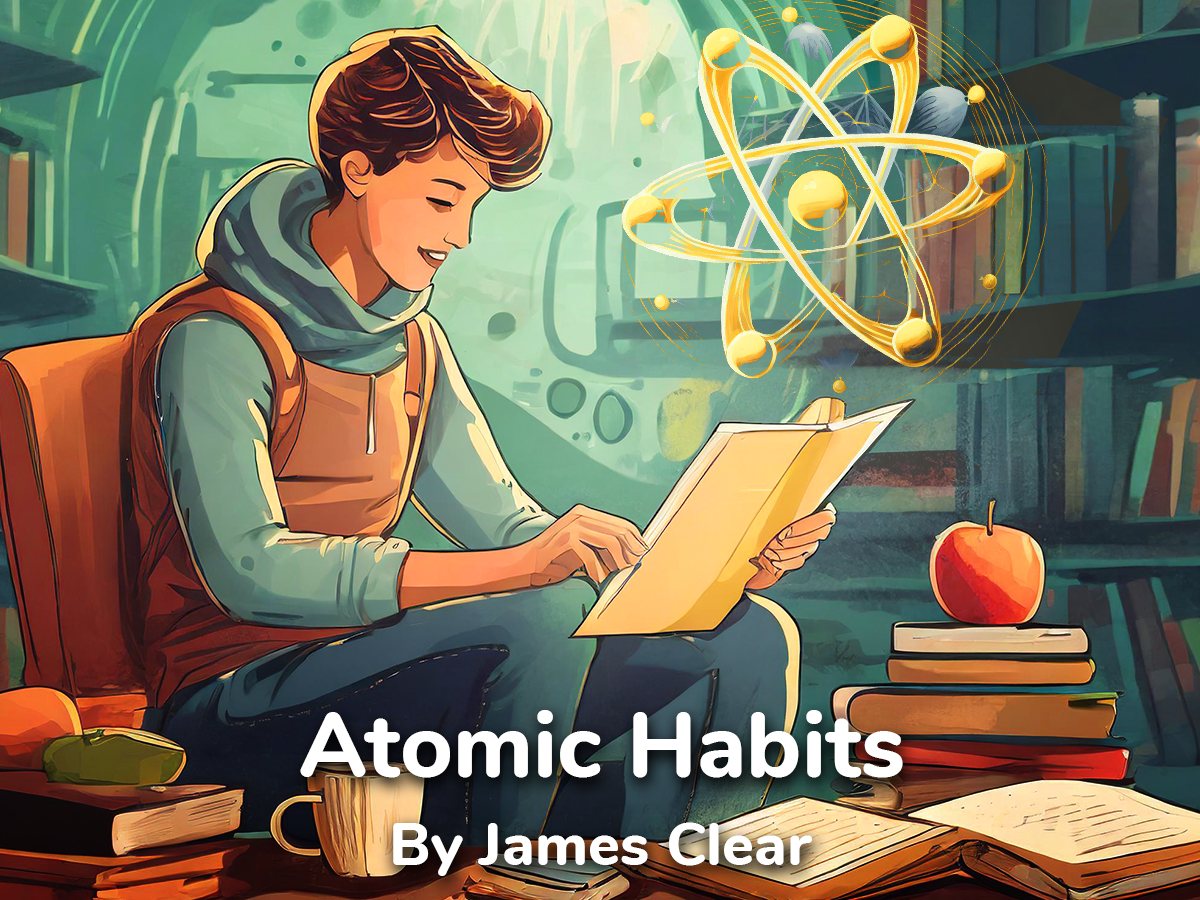
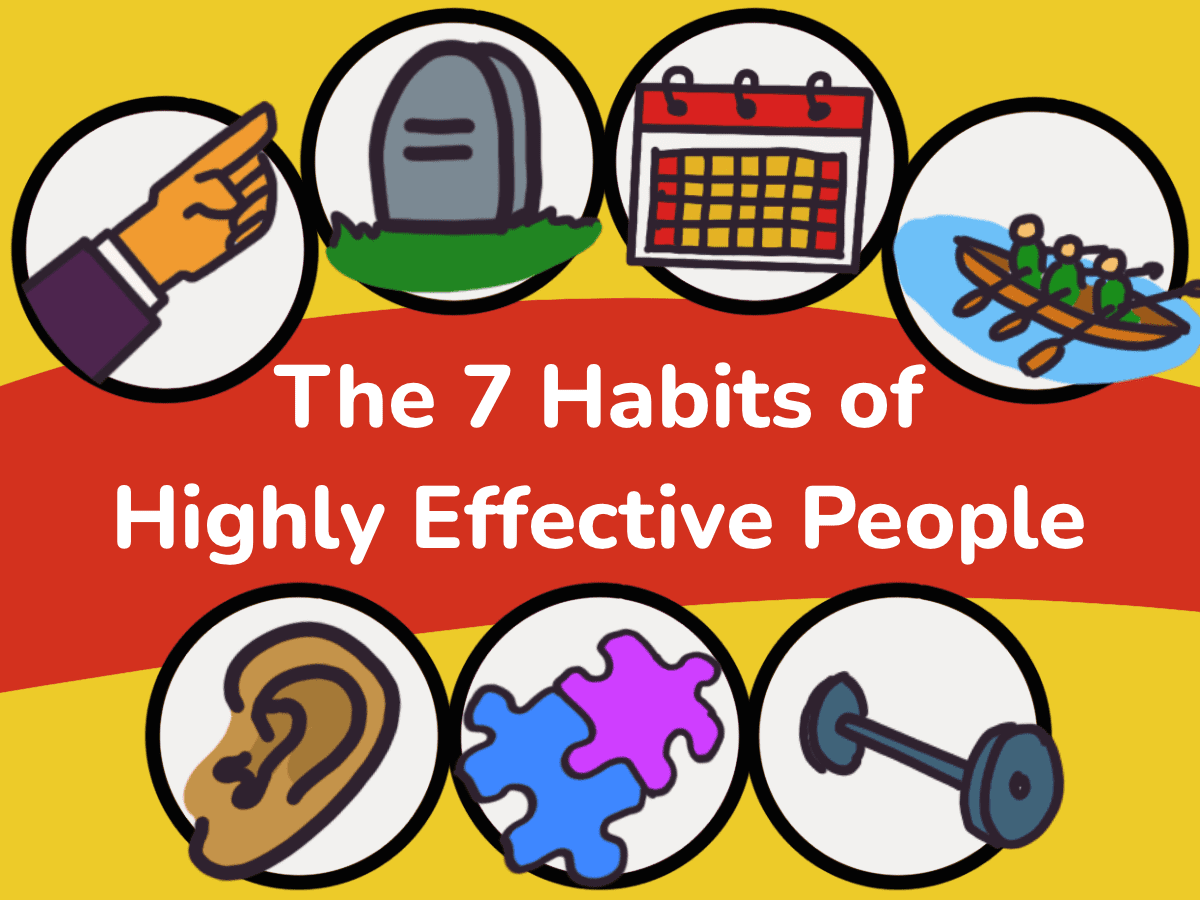

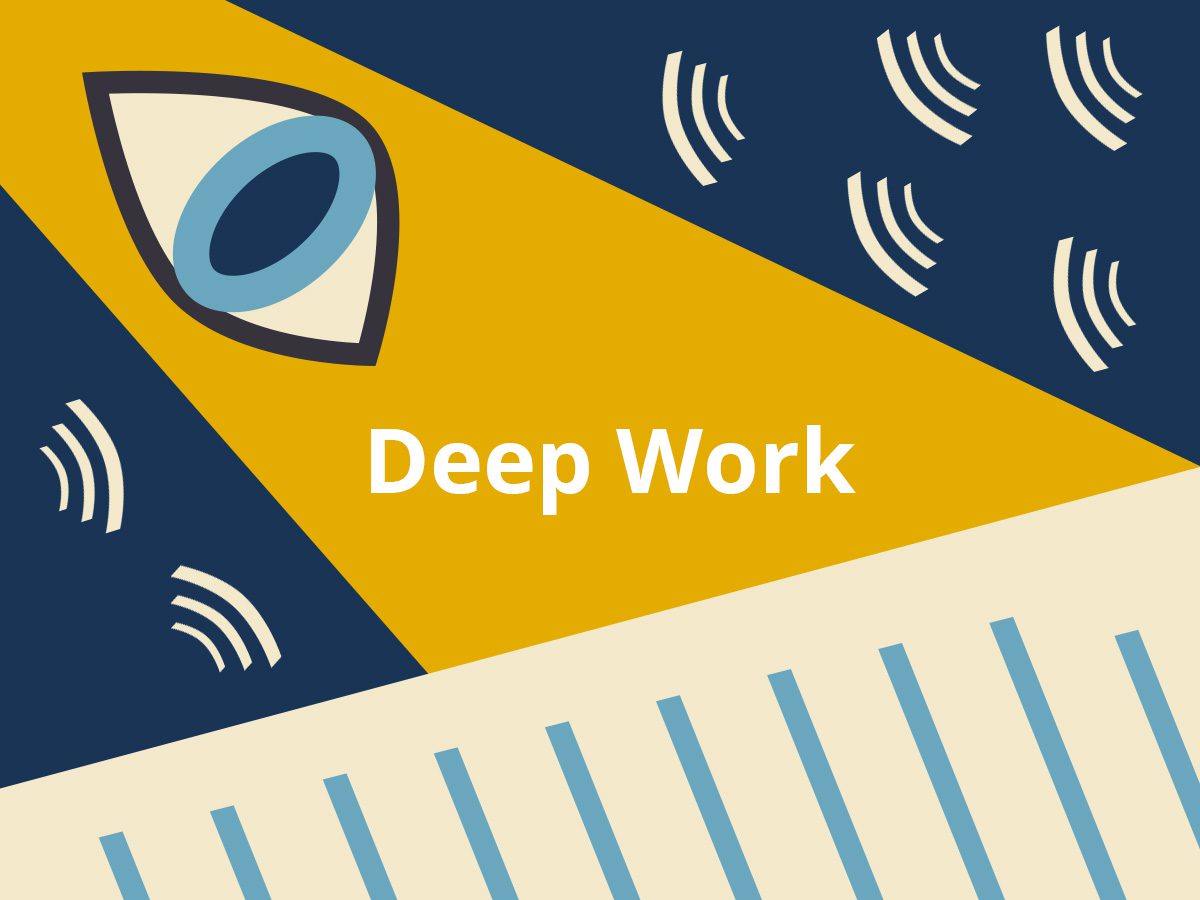
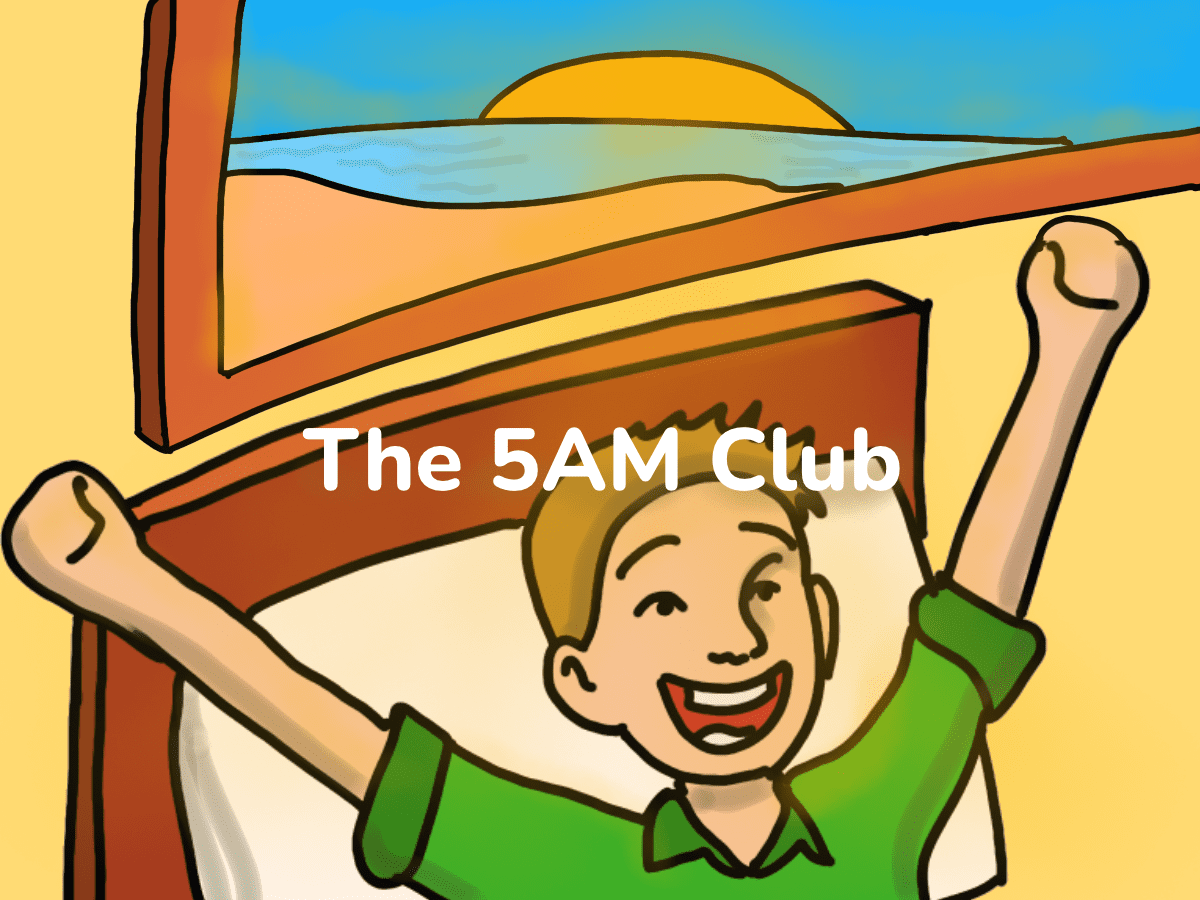

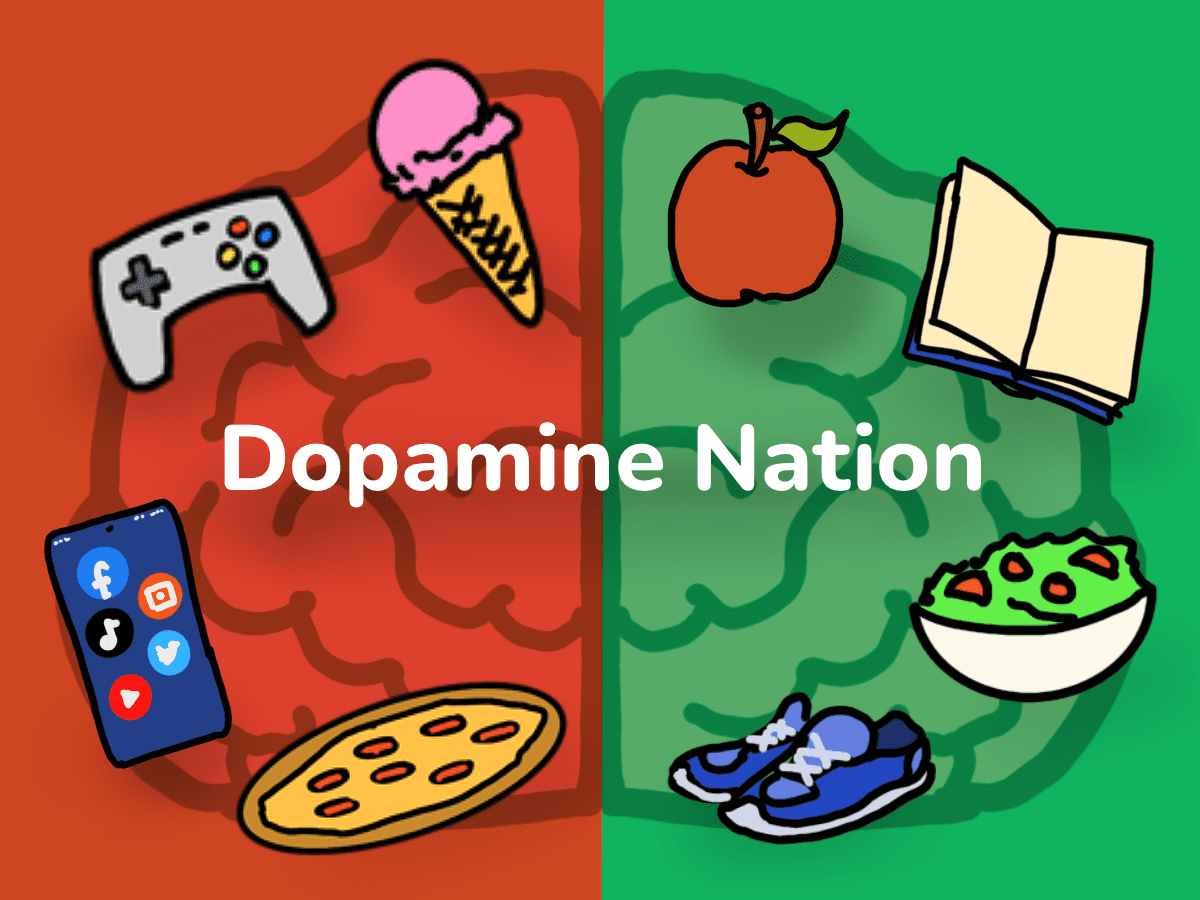
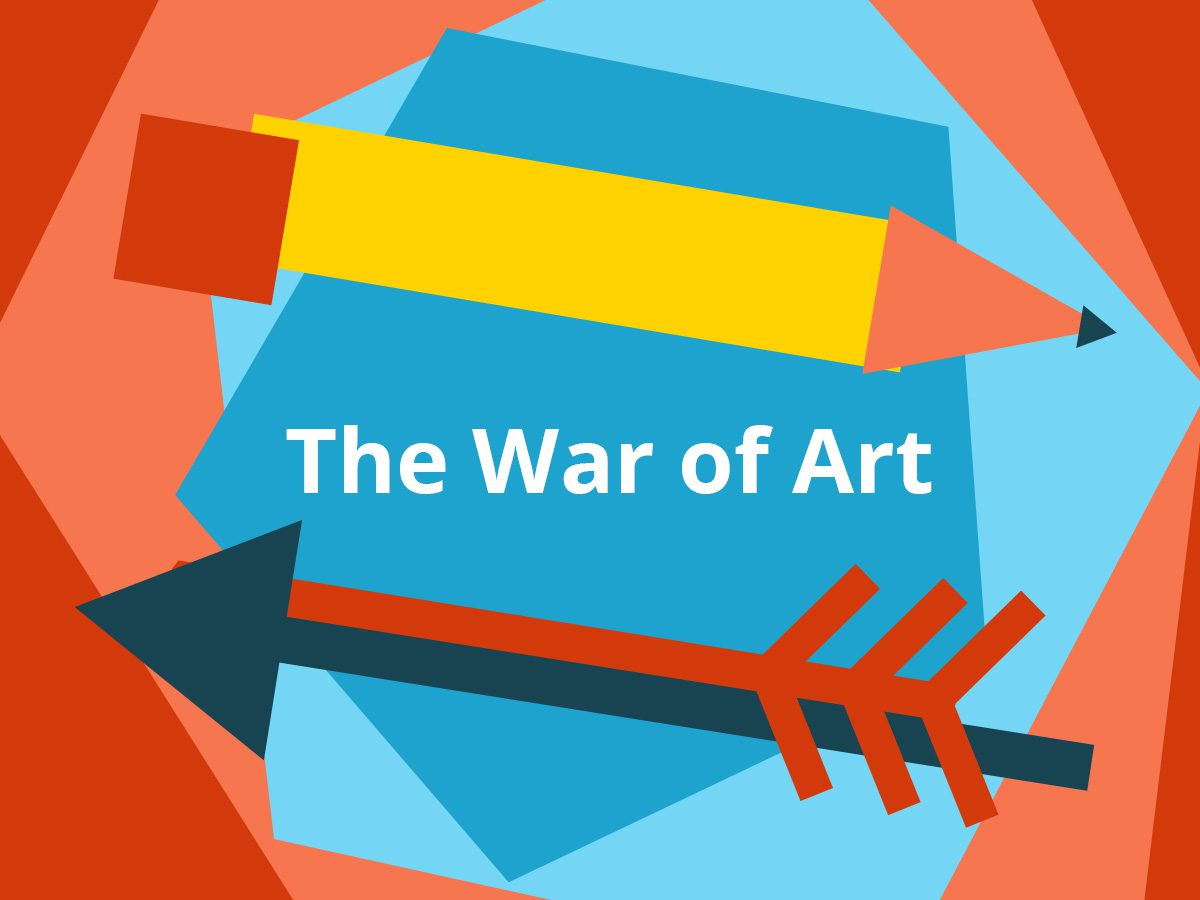
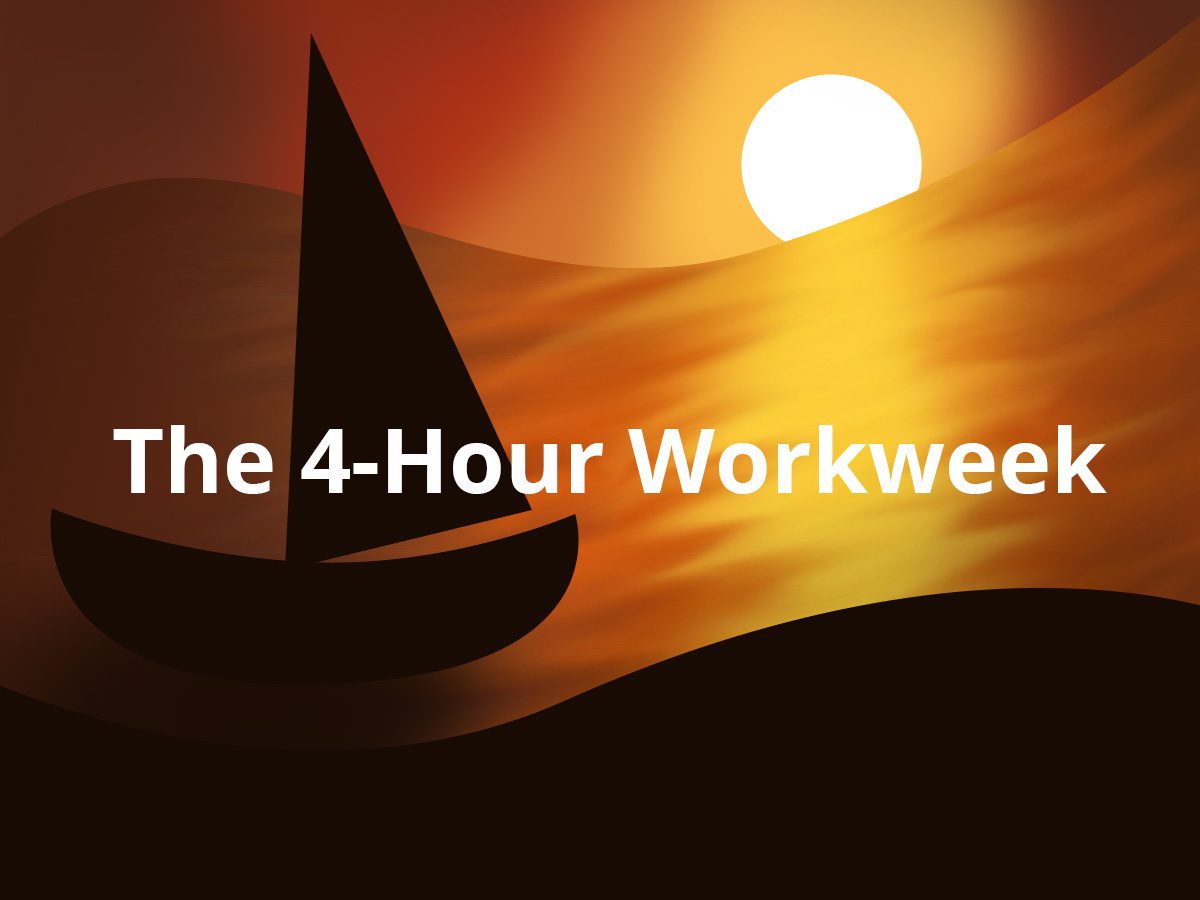
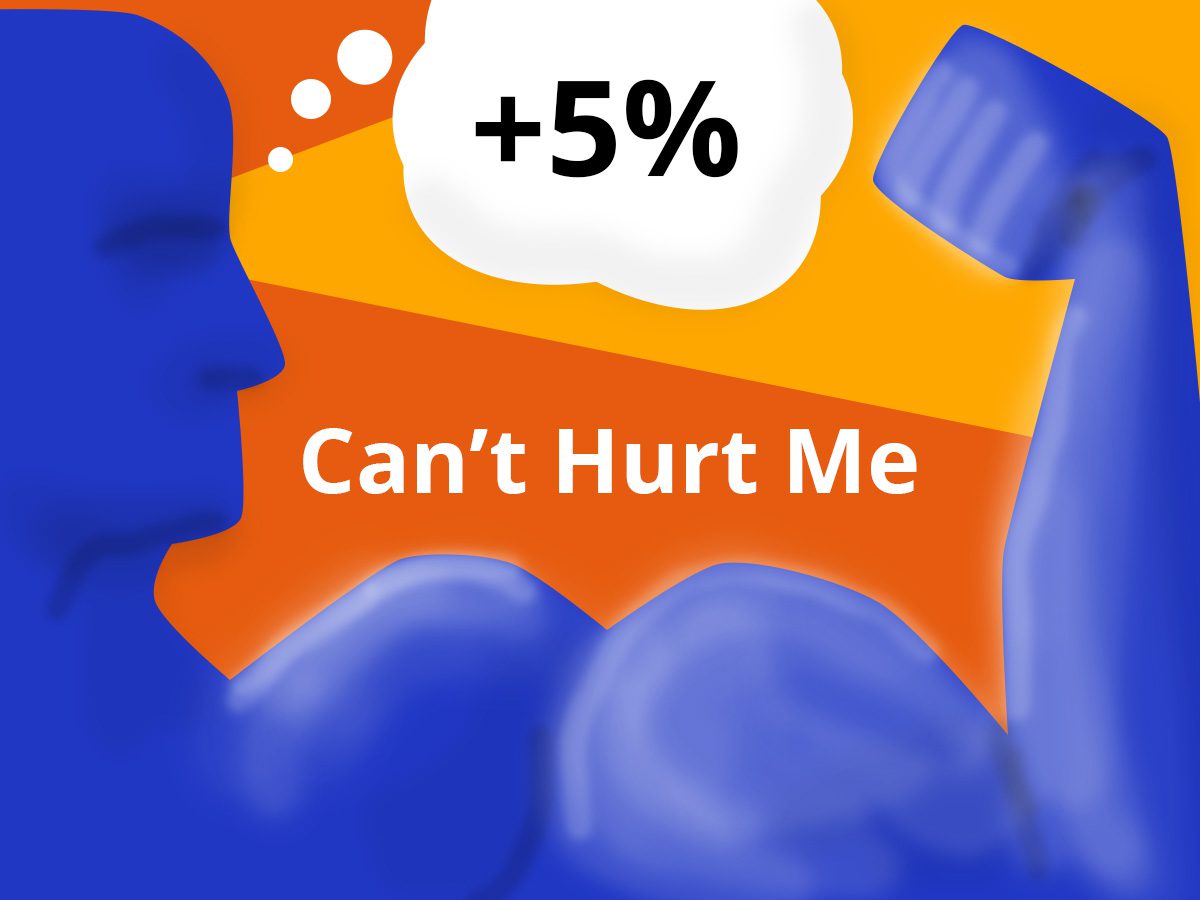
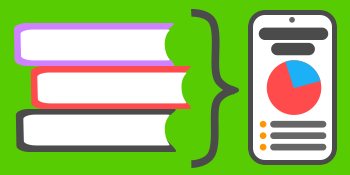
Community Notes